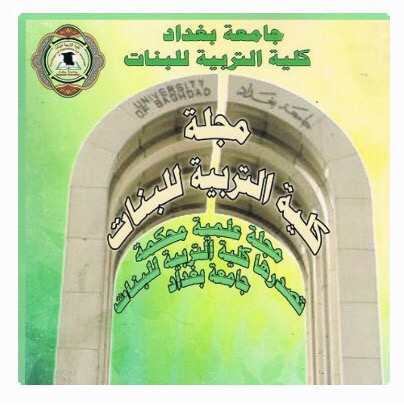ﻣﺑﺎﺣث أﺑﺳﺗﻣوﻟوﺟﯾﺔ ﻣﻌﺎﺻرة "ﻣﯾﺷﺎل ﺳﯾر أﻧﻣوذﺟﺎ"
Abstract
The (Michel Server) (1930) one of the most famous contemporary philosophers of the present time, the most famous philosophers of france, whois also well-Known philosophers at Stanford University in the U.S. now. He focused attention basically since the beginning of his live on the study of mathematics, and earned a doctorate in the subject (mathematics when leibniz) after these studies is on track intellectual, and turn attention to scientific studies and epistemological, that attention on studies concerning the philosophy of knowledge and the history of science, philosophy structural contemporary and serious, then I care what he calls (science of anthropology) and the human science, believes, michel functioning firmly believe that it is essential to open the doors of science for poetry, literature and art, and this is a feature Michel conduct that distinguish it from the rest of the philosophers contempories, he thinks the survival of science and vitality in particular depend on degree openness to other poetic, science continues to walk only if received supply and (feeding of the vein) from a source, poetry is the way routing of traveler open to the unexpected and ready always to establish unexpected links between places and things. The writing course is a challenge to the themes of traditional philosophy static, interest philosophical new focused on reading of the new concepts and scientific themes and philosophical like the system and the noise and confusion the knowledge parasite says: noise is the system any confusion is the system, as well as see that noise is knowledge, noise is joker which mean (necessary of the system), that there is the most likelihood, any chaos and chance and real exception is not rational, and so distinguish michel conduct new methodology to study the concepts not previously entered in philosophical research.
he think the pulse poetic is the blood of life, in relation to the natural science,

Published
Issue
Section
License
![]()
All articles published in Journal of College of Education for Women are licensed under a Creative Commons Attribution 4.0 International License.










